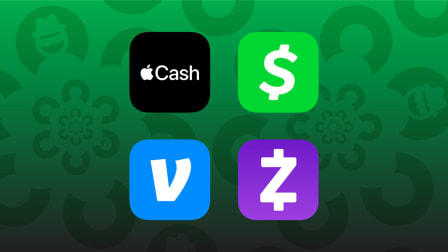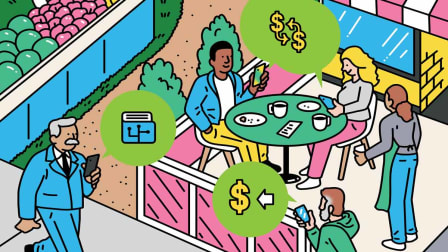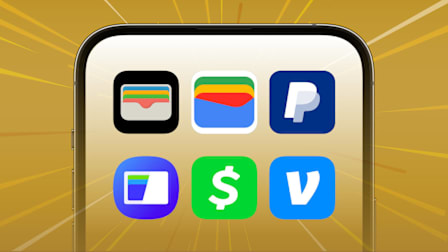Epic Games, which filed the lawsuit against Apple a year ago, argued that the App Store commission ultimately led to higher prices for consumers. To prove the point, the company reduced prices by 30 percent for consumers who purchased in-game currency, known as V-Bucks, for its popular Fortnite game through Epic’s payment processing system rather than Apple’s. In response, Apple kicked the hugely popular game out of the App Store, though anyone who had downloaded the game to an iPhone could continue using it.
“The decision is a small victory for consumers if it is not overturned,” says Sumit Sharma, senior researcher for tech competition at Consumer Reports. “App developers may inform consumers at the point of purchase via their apps that they can get the same service at a lower price outside the app store. This will come as a shock to many consumers who likely were not aware that they were overpaying by purchasing services via the App Store.”
Judge Yvonne Gonzalez-Rogers pointedly rejected the argument that Apple had monopoly power, as Epic Games had argued, because consumers can easily purchase games on computers and game consoles, in addition to their phones. But the decision says that Apple’s App Store policies “hide critical information from consumers and illegally stifle consumer choice.”
Apple said it was pleased with the judge’s finding that it’s not a monopoly. “Today the Court has affirmed what we’ve known all along: the App Store is not in violation of antitrust law,” an Apple spokesperson told CR by email. “As the Court recognized ‘success is not illegal.’ Apple faces rigorous competition in every segment in which we do business.”
Despite the victory, Epic Games CEO Tim Sweeney criticized the verdict for not forcing Apple to permit competing app stores to be downloaded onto iPhones. “Today’s ruling isn’t a win for developers or for consumers,” he said on Twitter. “Epic is fighting for fair competition among in-app payment methods and app stores for a billion consumers.”
Advocacy groups, including Consumer Reports, argue that regulation is needed to block Apple from engaging in anticompetitive practices beyond its rules around payments, including promoting its own apps over competitors’.
Spotify, which has had its own tussles with Apple over App Store payments, is among a number of tech companies that agree. “We are pleased with Judge Yvonne Gonzalez Rogers’ finding that Apple engaged in anti-competitive conduct and has permanently prohibited their anti-steering provisions,” said Horacio Gutierrez, Spotify’s head of global affairs and chief legal officer, in an emailed statement. “There is strong need and momentum for legislation to address these and many other unfair practices, which are designed to hurt competition and consumers.”





